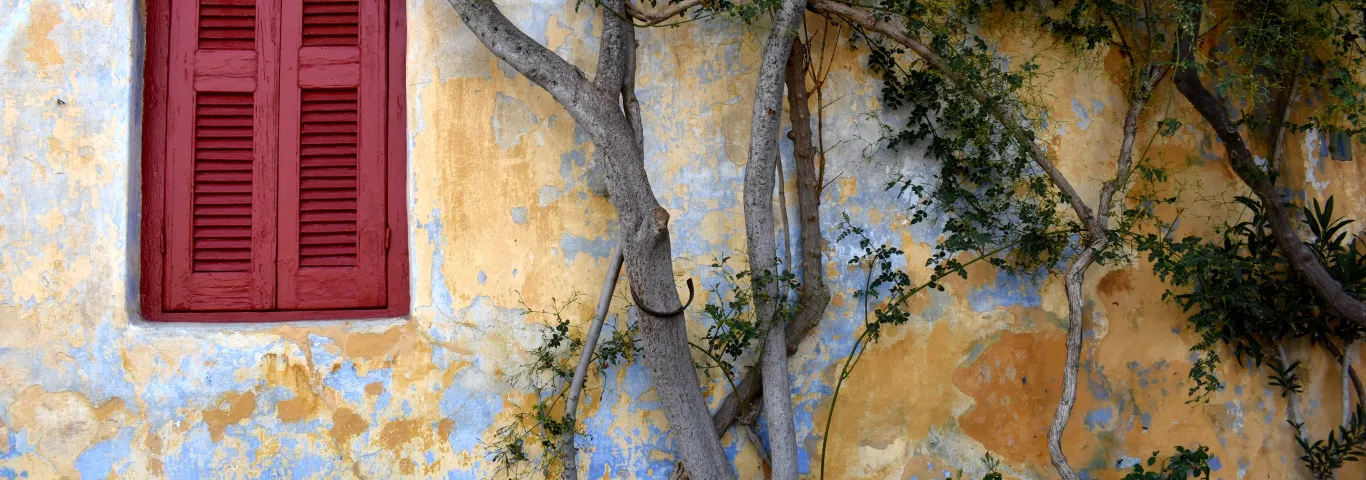Fall 2026 Application
Information regarding the Fall 2026 application can be found on the Admissions page of the Office of Graduate Studies website.
PhD applications will be due on December 1st, 2025
MA applications on January 1st, 2026
Every prospective applicant should get acquainted with the admissions requirements, structure, and goals of their target program (Standalone MA or PhD). Detailed descriptions of the programs can always be found online in our current graduate handbook. Guidance on the logistics of the application process can be found on the Office of Graduate Studies in Arts & Sciences website, where there is also lots of information about Washington University for prospective students. For questions about qualifications or the program itself, please contact the Director of Graduate Studies or the department office at classics@wustl.edu.
Application Requirements:
- Application: The completed application form.
- Language Background: Please be sure to include your years of Greek and Latin study, in addition to any other languages you have studied, in the section on language preparation. The Classics Admissions Committee looks for MA applicants to have the equivalent of (minimum) two years each of college-level Greek and Latin. PhD applicants with (minimum) three years in each language will have an advantage.
- Transcripts: For the purposes of initial review of applications, the Classics Admissions Committee accepts unofficial transcripts (inclusive of all undergraduate and postgraduate coursework) be uploaded to the application system. If transcripts do not reflect all your work during the year of application, please be sure to indicate elsewhere on the application what your remaining coursework entails. Official Transcripts will only be required if you are admitted to our program and accept the offer, at which point you should have them sent to Washington University (instructions on the OGS website).
- NB: The university requires all transcripts to be in English.
- Letters of Recommendation: Three letters of recommendation from current or past instructors acquainted with your accomplishments to date. These are extremely important for the Classics Admissions Committee; aim to assemble a combination of recommenders who can, between them, describe your work in both ancient languages and in research in Classics or a related field.
- Personal Statement: A personal statement expressing your goals in seeking a graduate degree in Classics, describing the background that qualifies you to do so and the particular advantages you see in the program at Washington University. Reference to specific faculty members can help, but is not essential. The Admissions Committee is interested in applicants who (besides looking like a good fit for our program) show an understanding of what is entailed in graduate work and an ability to articulate their goals. We therefore recommend that you seek advice from instructors on crafting the personal statement.
- Writing Sample: A scholarly writing sample of ca. 15 pages, representing your work on a topic in Classics or a related field. The ideal submission makes use of both secondary sources and ancient text(s) in the original. If you do not have a single piece of writing that meets all these criteria, you may submit two shorter papers that meet individual criteria. Longer writing samples are acceptable, but applicants are also welcome to supply excerpts from longer works such as theses.
- English Competency: For applicants whose native language is not English, the university requires test scores for one of their authorized tests (TOEFL, IELTS, or GATEWAY) scores. These scores must be no older than two years, and must arrive by the application deadline. See the OGS Admissions page (under "Test Scores") for minimum scores. Waivers for applicants who have earned degrees at English-speaking institutions may be requested through the Director of Graduate Studies in advance of the deadline.
- GRE: Please note that the application no longer requires Graduate Record Exam (GRE) scores for the Department of Classics.
- Application fee ($45): Applicants who wish to request a fee waiver should contact the Office of Graduate Studies at artscigrads@wustl.edu for information. The Department of Classics cannot grant fee waivers.
